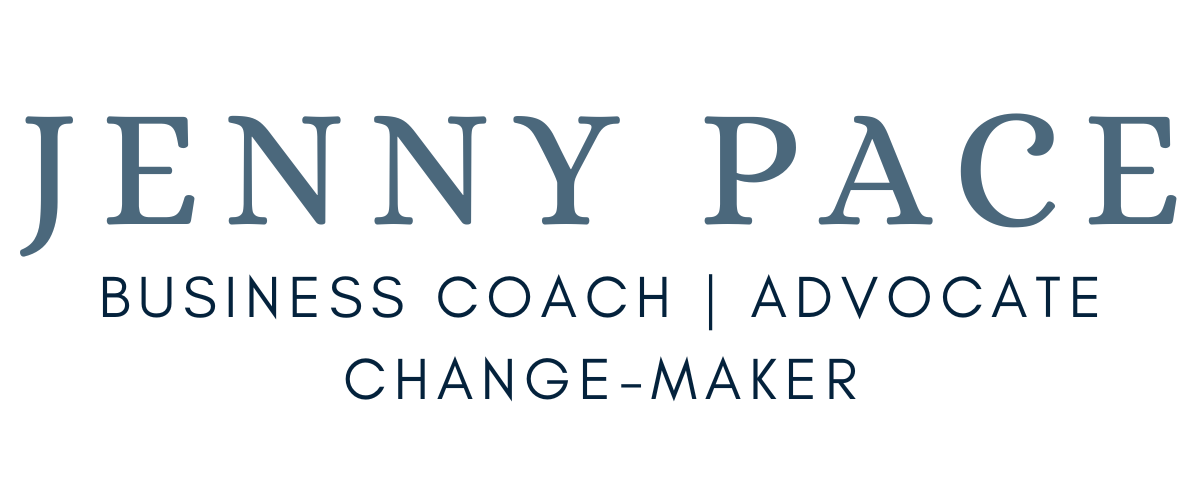 What would you do if you knew you couldn’t fail?
What would you do if you knew you couldn’t fail?
The first time I saw this question, it was a physical thing. I felt it in my stomach, my heart, my gut. Here was the thing I’d been missing. Here was something that hit the nail on the head of what held me back: everything was hemmed in by fear of failure.
It was this question that started untangling me from that fear.
Because what is failure, really? Isn’t it something we decide for ourselves, and sometimes cling to, no matter what?
Is bankruptcy failure? Society certainly thinks so. Is it failure if the first thing we do isn’t perfect? Is it failure if it’s never perfect?
Oh, perfectionism again. Let’s just all let it go, shall we?
In business, “failure” is the opposite of “success”, and they just feel like two sides of the same self-imagined coin. You get to take the coin and flip it down the gutter if it can ever tell you you’re a failure.
A project may not make the money you were hoping. Your products may not be as popular as you’d hoped straight away. You might make a mistake, let someone down.
But you learn from all of them, which is all you can ever do. Mistakes, let downs, “failures” teach us more about what works than out-and-out successes. If something goes perfectly well, how will you know which bits made it happen? Isn’t it better to have something you’d improve next time?
If everything’s a learning curve, you can’t fail.
I truly believe you can’t fail. You can fall down. You can make a mistake. You can drop the ball. You can have less money than when you started out. You can procrastinate. You can put on weight. None of it is failure.
Everything is learning what works for you, what works in the world.
Maybe you’ll learn that missing the post run in the middle of Christmas sales makes you more stressed and lets customers down. Maybe you’ll learn that trying to do too much tires you out and leaves you feeling unfocused. Maybe you’ll learn that a particular business venture doesn’t work or needs a radical shift.
And that’s okay. It’s essential. Keep learning.
Here’s the thing:
You get to try anything and everything you want. You’re in charge. And when everything is just exploration of possibility and learning new things, you can’t fail.
What’s your answer? What would you do if you knew you couldn’t fail? Take a moment to sink into that question right now. Accept whatever comes up – you’ve probably been hiding from it.
What would I do if I knew I couldn’t fail? I’d be self-employed. I’d allow myself to be open to different avenues of my business, doing only and everything that felt fun and good and interesting to me.
I’d run a retreat for small business owners who need to know that they can be and do what they want, that there’s a place for their business and brand in the world.
I’d write a blog to share my ideas about small businesses, self-employment, and authentic, holistic business practices.
I’d make time to go to yoga two or three days a week, even if it means being away from my emails during “office hours”. I’d buy a flat and start a business in the same year.
Oh, wait. That’s exactly what I’m doing. Because I can’t fail.
You know what I’d do if I had no clients and no blog readers and no money in the bank? I’d re-think. I’d consider getting a part-time job while I re-grouped. Sure, I’d feel disappointed. But would I stop trying to do my thing? Never!
And you can do just the same.
Jx
PS Want more? At my Small Creative Business Retreat, I’m dedicating Sunday afternoon to this question, plus exploring the fears that keep us stuck and stop us from doing the things we really want to do. If you’re free 20 to 23 March and have a similar stomach-heart-gut reaction to this question, I’d love to have you there!




